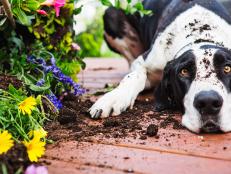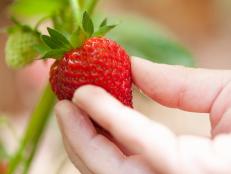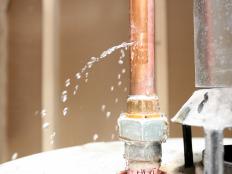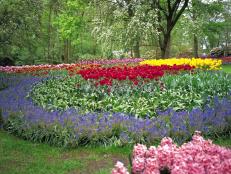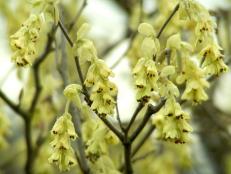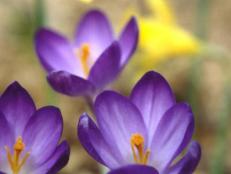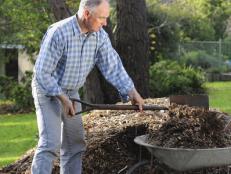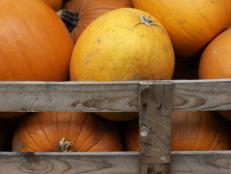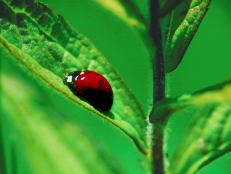Add Zest to Your Late Summer Garden
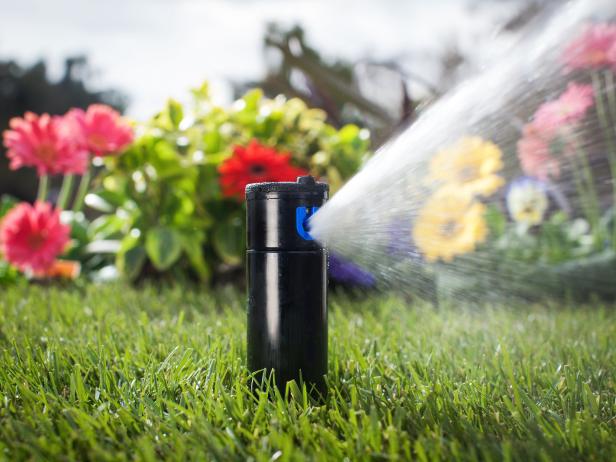
August is nearly over, and you realize the plants don't look as exuberant as they once did. There's less new growth. Lower leaves are turning brown and dropping off. Spider mites are spotting the leaves. The soft tips are wilting in the heat of the afternoon. The fruit is ripening more slowly. Fewer new flower buds appear.
These symptoms of late summer malaise can rob you of an abundant late-season harvest. Mature plants need more water than youngsters. The goodies you tilled into the soil at planting time have either been taken up by plants or leached away. In short, your garden is running out of gas.
Annual veggies and herbs are very heavy feeders. They need to grow from seed, mature, flower and set seed for next year (all in the span of a few short summer months). This is an enormous amount of work. When supplies of soil nutrients and water fall on the short side, the work slows down.
Water Is Vital
As late summer and fall arrive, atmospheric humidity declines. This causes soil moisture to evaporate more quickly. The water regime used in early June is not enough for late August and September. You must supplement with regular deep soakings to ensure the entire root zone, now substantial, is fully saturated.
One way to supplement your watering is to set a dripping garden hose at the bottom of each plant for a couple of hours. Repeat this every few days. Try creating generous watering basins around the base of each plant. Make them big enough to hold a lot of water directly over the root zone so it may gradually percolate down into the soil. Soaker hoses and sprinklers will also help if left on long enough to penetrate deeper than the top few inches of soil.
The abundant supply of nutrients in your garden also has begun to wear thin. And the nutrient drought doubles if you garden in problem soils that normally have low natural fertility. To sustain consistent growth and maximize fruit size, adding a second helping of fertilizer in August can make a big difference.
Select a fertilizer carefully, particularly if you are growing organic. Too much nitrogen can sacrifice flower production. Rather than using a single form such as manure or compost, try organic fertilizer blends that contain a diverse formula of minerals and nutrients. They are as easy to apply as any synthetic product. These are manufactured locally, so each region of the country will have its own brands. You'll find them at quality garden centers.
For best results, combine deep watering with fertilizer applications. Gently cultivate organic fertilizers into the soil so the surface crust is broken up. Then use your deep watering technique to thoroughly saturate the soil and speed the dry fertilizer right to the root system. While organics do not work as quickly as synthetic fertilizers, they are wholesome snacks that hang around to keep your kitchen garden producing well into the fall.






